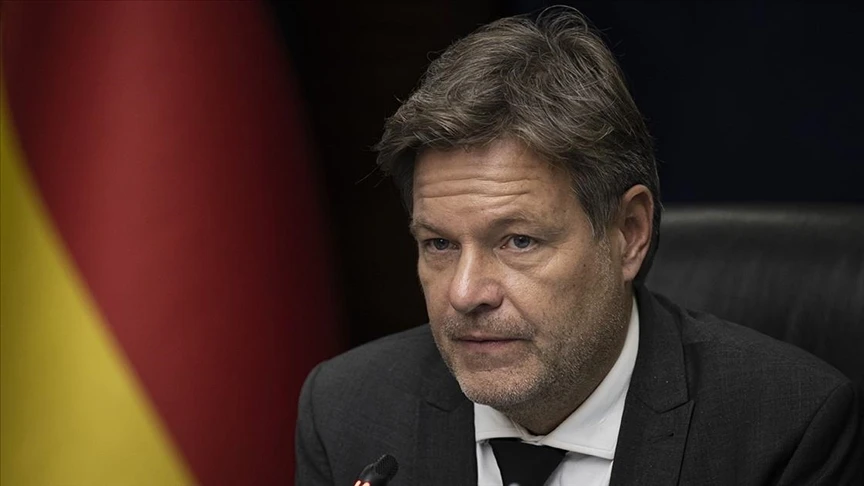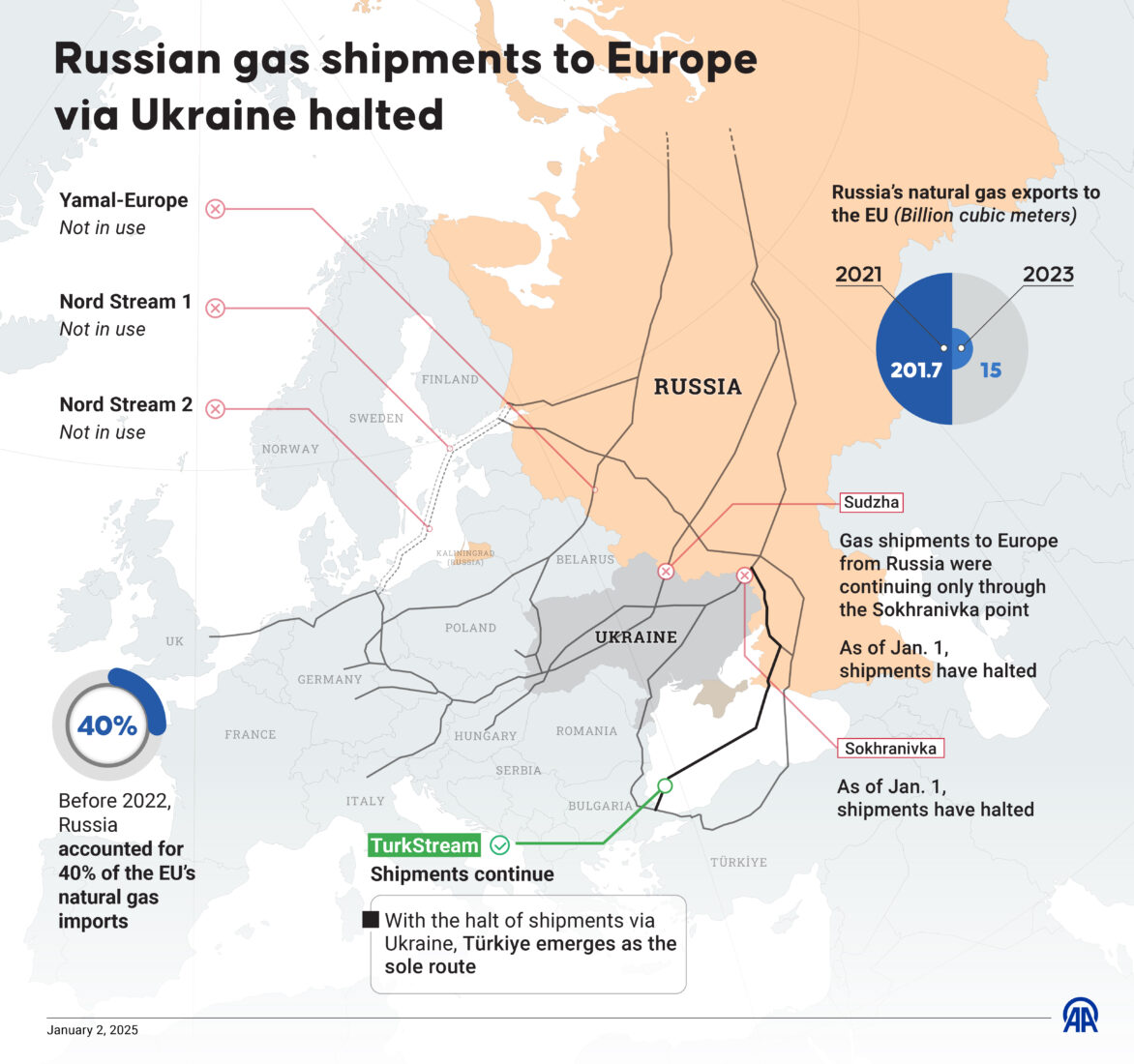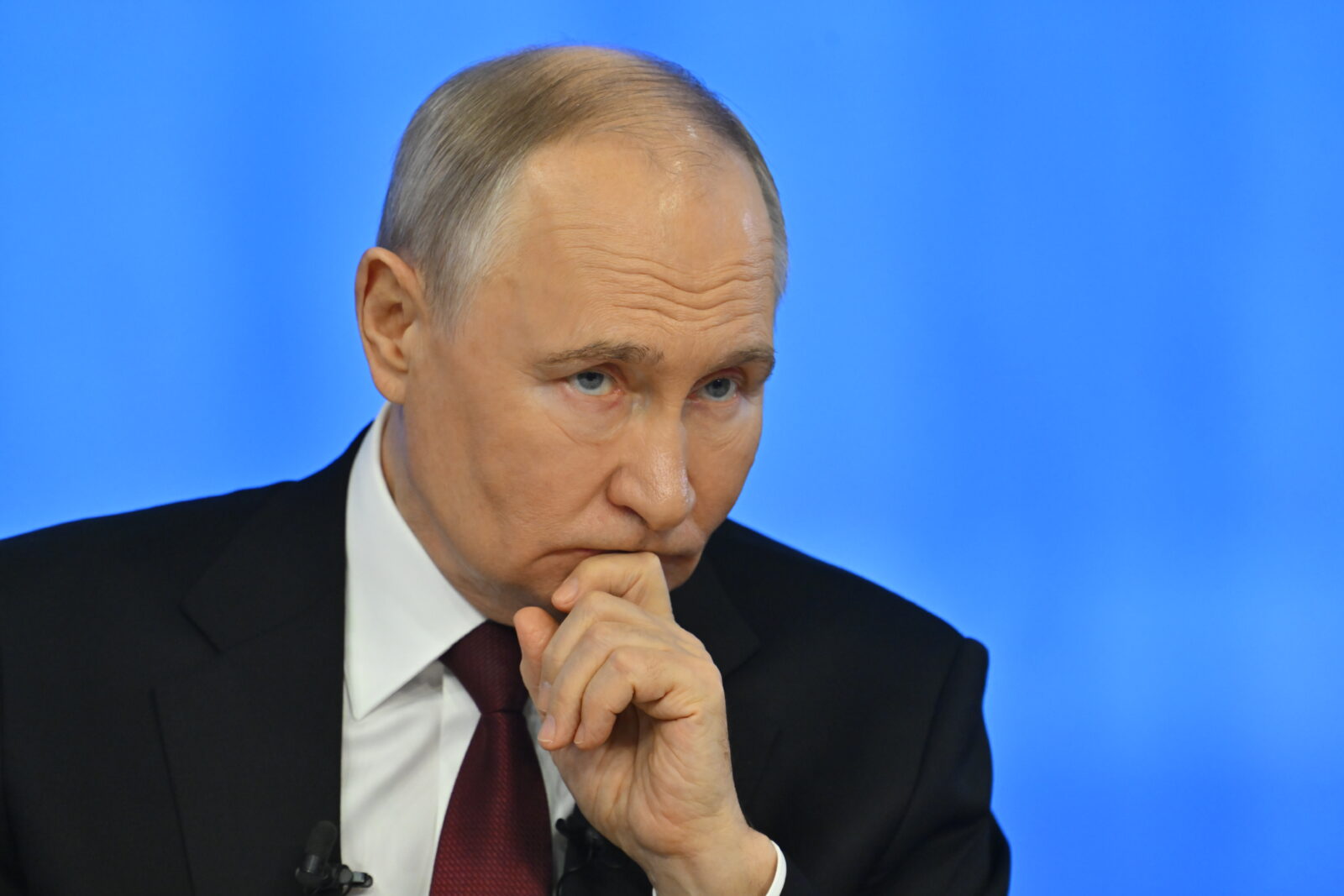German vice chancellor urges higher defense spending to counter potential Russian attack
 German Vice Chancellor Robert Habeck calls for a substantial increase in defense spending on Jan 3, 2025. (AA Photo)
German Vice Chancellor Robert Habeck calls for a substantial increase in defense spending on Jan 3, 2025. (AA Photo)
German Vice Chancellor Robert Habeck called on Friday for a substantial increase in defense spending, citing the growing threat posed by Russia. Habeck emphasized that the current target of two percent of Germany’s GDP would not be enough to deter potential aggression from Russian President Vladimir Putin.
“According to expert calculations, around three and a half percent of our economic output will be needed for defense in the next few years. I share that,” Habeck told Der Spiegel, stressing the need to nearly double the country’s defense budget.
“We have to spend almost twice as much on our defense so that Putin doesn’t dare to attack us. We must secure peace and prevent further war,” he added.
Habeck, also the Green Party’s candidate for chancellor in the upcoming Feb. 23 election, described Putin as an aggressor who exploits weakness, reinforcing his call for robust military preparedness.
The vice chancellor’s comments came after German Defense Minister Boris Pistorius warned of hybrid attacks from Russia aimed at destabilizing Germany. On Dec. 22, Pistorius stated that Russia was engaged in a hybrid war, combining military operations, economic pressure, cyberattacks, and media propaganda to weaken Germany’s defenses.

‘Putin engaging hybrid attacks’
“Putin is engaging in hybrid attacks, and Germany is particularly in focus. He knows us well, Putin knows how to needle us,” Pistorius told Funke Mediengruppe newspapers, urging stronger measures to counteract these threats.
Germany currently meets NATO’s defense spending target of two percent of GDP, bolstered by a €100 billion special fund for military modernization. However, with the fund set to be depleted by 2027, Habeck’s call for increased investment marks a push for long-term security measures against rising threats from Russia.

Pistorius reiterated the importance of preparing for and confronting Putin’s strategy, warning that ignoring the threat would only make it grow larger.
Germany’s current defense spending for 2023 amounts to around €90.6 billion, or approximately 2.1% of its GDP, according to NATO. Yet Habeck’s proposed increase would push that figure closer to three and a half percent, in line with some of the alliance’s top contributors.



